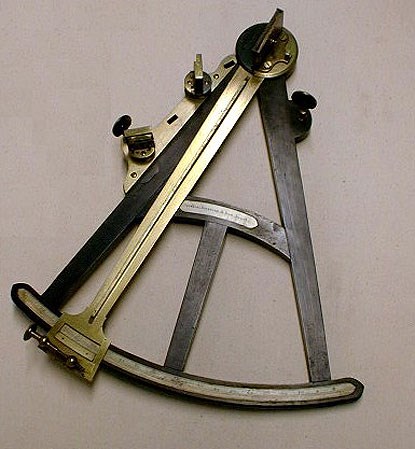“Masters Leach and Lovell were brought to prison”
On 29 June 1775, John Leach, a mariner in Boston’s North End, began to keep a journal. He started it out of anger because he had just been arrested by the British military authorities and he wanted to document what was happening to him.
Leach wrote:
Already in the Boston jail since 19 June was eighteen-year-old Peter Edes, son of the radical printer Benjamin Edes. The elder Edes had slipped out of town just before the war began and set up a press in Watertown.
Peter was also keeping a diary, and on 29 June he wrote:
Leach and Lovell both received the title “Master” because they kept schools. Leach taught navigation and other skills privately in the North End. Lovell was actually the usher, or assistant teacher, to his father, Master John Lovell, at the South Latin School, but the town valued him enough to pay him far more than any other usher. Lovell had also delivered the first official town oration in memory of the Boston Massacre back in April 1771.
The imprisonment of Lovell and Leach is one more thread of the story of Bunker Hill. And not just because the officer who arrested them was being promoted to major in the 43rd Regiment only because Maj. Roger Spendlove had died in that battle. (Spendlove had survived wounds at Québec, Martinique, and Havana, but not Charlestown.)
Lovell and Leach were locked up after the battle because the British commanders thought one of them was a spy.
TOMORROW: Incriminating letters.
Leach wrote:
Memorandums, began Thursday, June 29th, 1775.—At 3 this afternoon, a few steps from my House, I was seized upon by Major [Edward] Cane, of the Regulars, accompanied by one [Joshua] Loring, who is lately made a Sheriff: they obliged mo to return to my House, where Major Cane demanded my Keys of my Desks, and search’d all my Drawings, Writings, &c, and told me I had a great deal to answer for.Leach’s diary was printed in the New England Historical and Genealogical Record in 1864.
I replyed, it was very well, I stood ready at a minute’s warning to answer any accusation; I had a drawn Hanger, I could have took hold of in a moment, and cut them both down. I had both Courage and inclination to do it, tho’ they had each their swords by their sides, but I suddenly reflected, that I could not escape, as the whole Town was a prison. God wonderfully restrained me, as I should have lost my Life, either by them, or some of their Companions.
They then conducted me from my House to the Stone Gaol, and after being lodged there 20 minutes, the said Cane and Loring brought in Master James Lovell, after searching his Papers, Letters, &c. as they had done mine.
Cane carried my drawings to show Gen. [Thomas] Gage, next day, and returned them.
Already in the Boston jail since 19 June was eighteen-year-old Peter Edes, son of the radical printer Benjamin Edes. The elder Edes had slipped out of town just before the war began and set up a press in Watertown.
Peter was also keeping a diary, and on 29 June he wrote:
Masters Leach and Lovell were brought to prison and put into the same room with me and my companions.Peter Edes’s diary, which shares text with John Leach’s, was published in 1901.
Leach and Lovell both received the title “Master” because they kept schools. Leach taught navigation and other skills privately in the North End. Lovell was actually the usher, or assistant teacher, to his father, Master John Lovell, at the South Latin School, but the town valued him enough to pay him far more than any other usher. Lovell had also delivered the first official town oration in memory of the Boston Massacre back in April 1771.
The imprisonment of Lovell and Leach is one more thread of the story of Bunker Hill. And not just because the officer who arrested them was being promoted to major in the 43rd Regiment only because Maj. Roger Spendlove had died in that battle. (Spendlove had survived wounds at Québec, Martinique, and Havana, but not Charlestown.)
Lovell and Leach were locked up after the battle because the British commanders thought one of them was a spy.
TOMORROW: Incriminating letters.


No comments:
Post a Comment